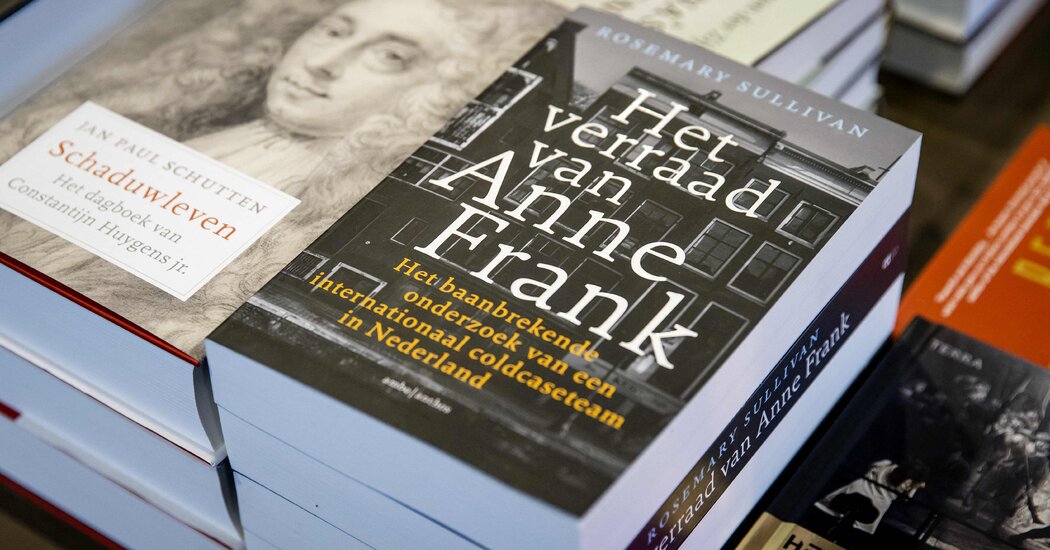
Ms. de Gorter said she had shared this information with the team, but they ignored her, she said. Instead, the book claimed that the family was living in Amsterdam, and that Mr. van den Bergh had won his freedom by giving up addresses to the Nazis.
“My grandfather, Arnold van den Bergh, has been portrayed worldwide as an international scapegoat,” she said. “Meanwhile, Anne Frank’s worldwide prominence is exploited in a particularly dishonest way.”
In February, the European Jewish Congress also called on HarperCollins to rescind the book, and to “distance itself from the book’s controversial historical claims.”
Ambo Anthos had previously paused printing and distribution of the book and apologized after historians raised the first questions about its findings. “A more critical stance could have been taken here,” wrote Tanja Hendriks, publisher and director of the company. Ms. Hendriks did not respond to requests for comment on Wednesday.
The publisher’s website now states, “We would once again like to offer our sincere apologies to everyone who has been offended by the contents of this book.”
Mr. van Twisk, Ms. Sullivan and the documentary filmmaker Thijs Bayens, who was a member of the team that was assembled to identify Anne Frank’s betrayer, also did not respond to requests for comment. The cold-case team’s lead investigator, the former F.B.I. detective Vince Pankoke, has previously issued a defense of the work, however.
“Until now, we have not been presented with any piece of evidence or any new information that had enough strength to challenge our conclusion,” he noted before the refutation was released. “The van den Bergh scenario is, in our opinion, still the most viable theory about the betrayal of the Prinsengracht 263.”




